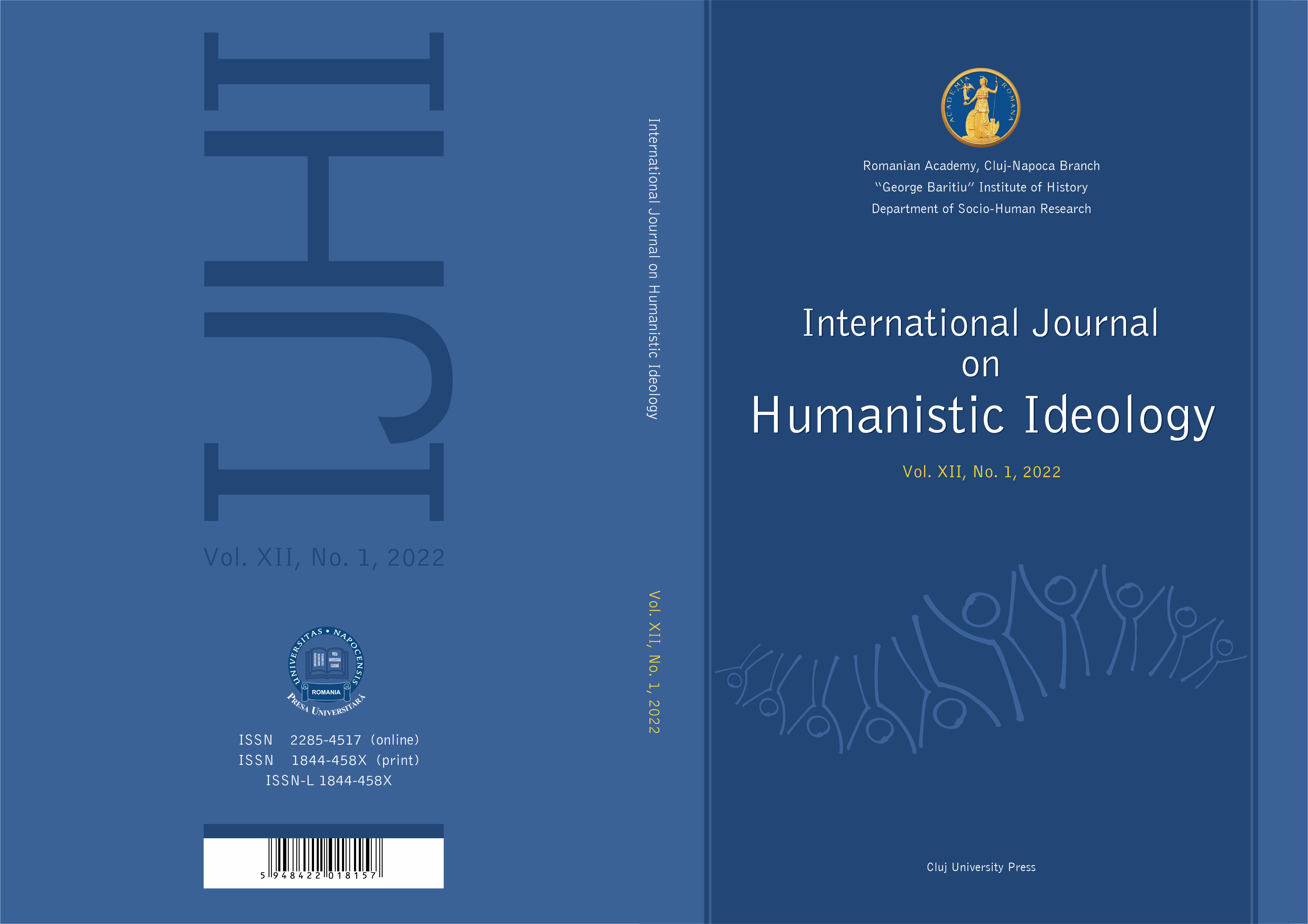Rehearsal and Metatextuality in Chekhov’s Seagull
Rehearsal and Metatextuality in Chekhov’s Seagull
Author(s): Bogdan GuțuSubject(s): Philosophy, Theatre, Dance, Performing Arts, Literary Texts, Fine Arts / Performing Arts, Psychoanalysis
Published by: Presa Universitara Clujeana
Keywords: rehearsal; seagull; experiment; theatricality; Freudian slip;
Summary/Abstract: Without repetition, the theater looks like a psyche without complexes. Repetition creates and fixes a world that signifies reality, to the same extent that it lays the foundations of a dynamic universe, in a continuous search for the new. At the theater, just as one performance does not look like another, a new rehearsal always brings something new, a new intention that helps or, on the contrary, can destroy the whole show. But in the theater, what could go wrong? Practice teaches us that we have as many aesthetics as practitioners. Here, it matters the game of meanings and signifiers. In other words, can a mistake be an instrument of theatricality? But the Freudian slip? Is this psychological process a dramatic function? Theatrical practice has led us to the conclusion that, in order for Freudian slips to be successfully managed, we need both a skilled director to detect these “errors”, then to discover the latent intentions that are hiding behind them, and an actor with vivid instincts, eager to improvise, to play with their symbolism.
Journal: International Journal on Humanistic Ideology
- Issue Year: XII/2022
- Issue No: 1
- Page Range: 207-216
- Page Count: 10
- Language: English

